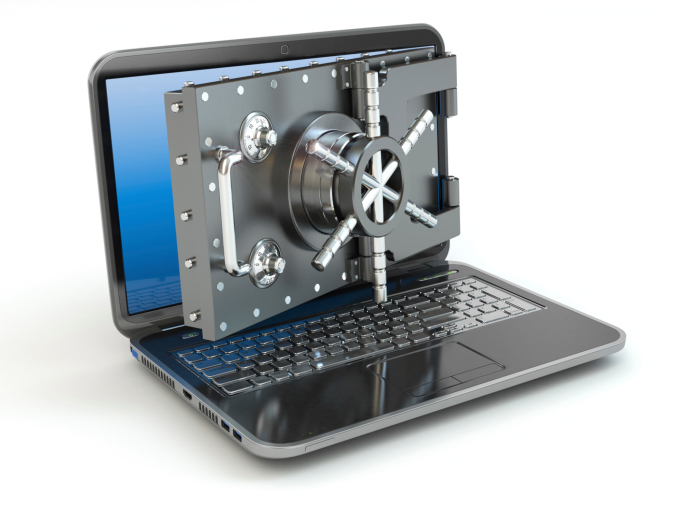Tips On How To Protect Your Password On A Shared Computer
Personal computer and the internet are no longer just something you find in the work office or some government buildings. More and more people in developing countries are buying this device for personal home use, unlike the industrialized nations where virtually everyone in the household has his or her own PC. In developing nations members of a household often have to share a computer or a laptop.


- Never set the browser to auto-remember your username and password. This will make subsequent access to that account require no user authentication, and could compromise your private information should you not be the one who accesses the account the second or subsequent times. Never instruct the browser to remember your log in details.
- After using a certain account, always ensure that you “log out” of the user account. Simply shutting the computer off or disconnecting internet access may not necessarily log you out. This would mean that should the next person use the computer, or set up internet access, they will be able to view your private information.
- Always check if the computer you are using has an anti-spyware, and it is updated to the latest security update or at least has been updated recently. This is because computers could get infected by spyware especially from the internet without the owner’s knowledge, and anti-spyware is the application program meant to prevent this from happening.
- If you are viewing very sensitive information on a shared computer, you should ensure that you make your activity not traceable. There are a number of ways of achieving this: you can clear the browser history, or you can browse with the browsers on a private browsing setting. This will make the computer and browser not keep track of your cookies and history.
- With the internet, most users find themselves opening various user accounts for different websites. Some might be tempted, that instead of having numerous passwords which will disturb you in trying to remember, you just have one username and password which you will use across all of the accounts. This should be discouraged since, if someone comes to know of your username and password, s/he will have access to all of your online accounts.
- Never save your log in details in somebody’s computer. Some people do this since they can remember their passwords so would rather save them on the desktop for them to just “copy and paste” whenever they want to log in. This exposes you to unauthorized access since you may not know who else will see your saved details and for what purpose they will use that knowledge.
The above measures are just some of the few steps you should take towards ensuring that your private information is safe if you are using a shared computer.



